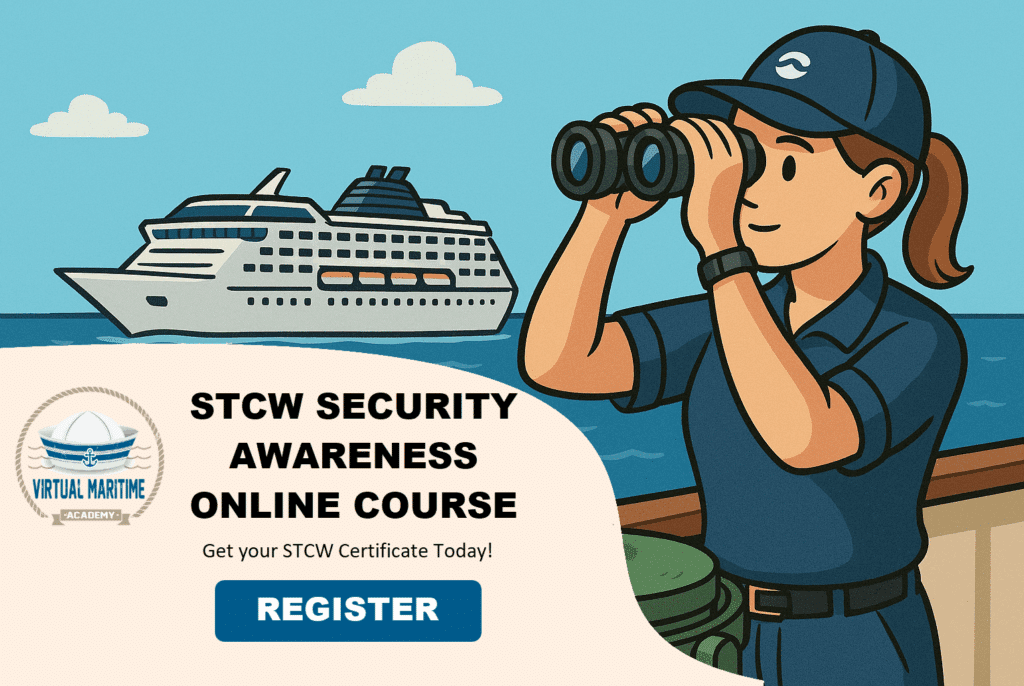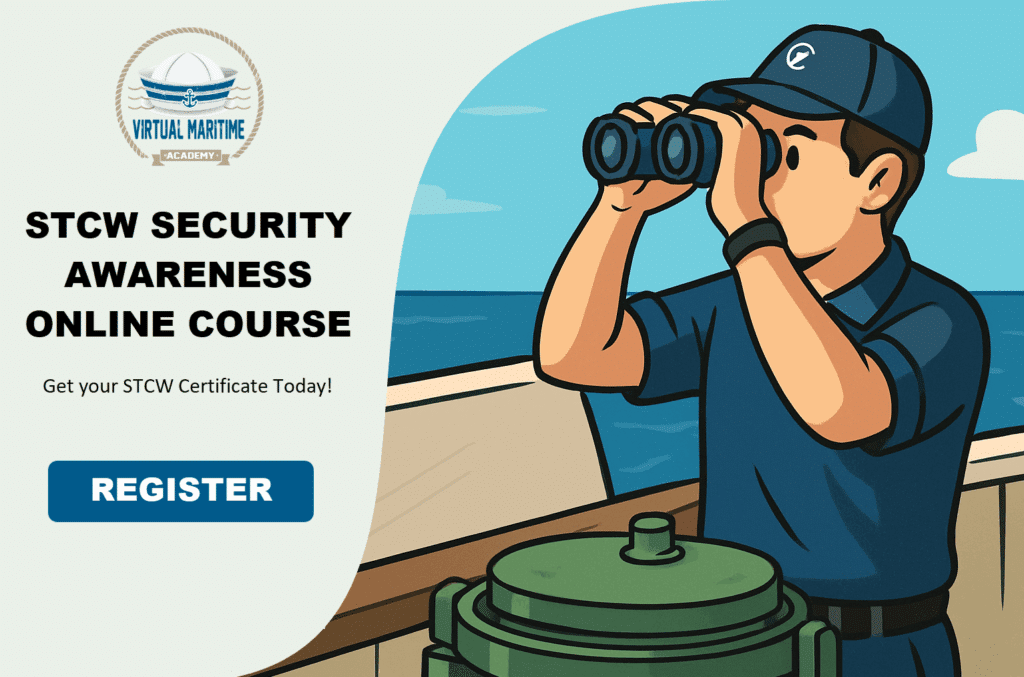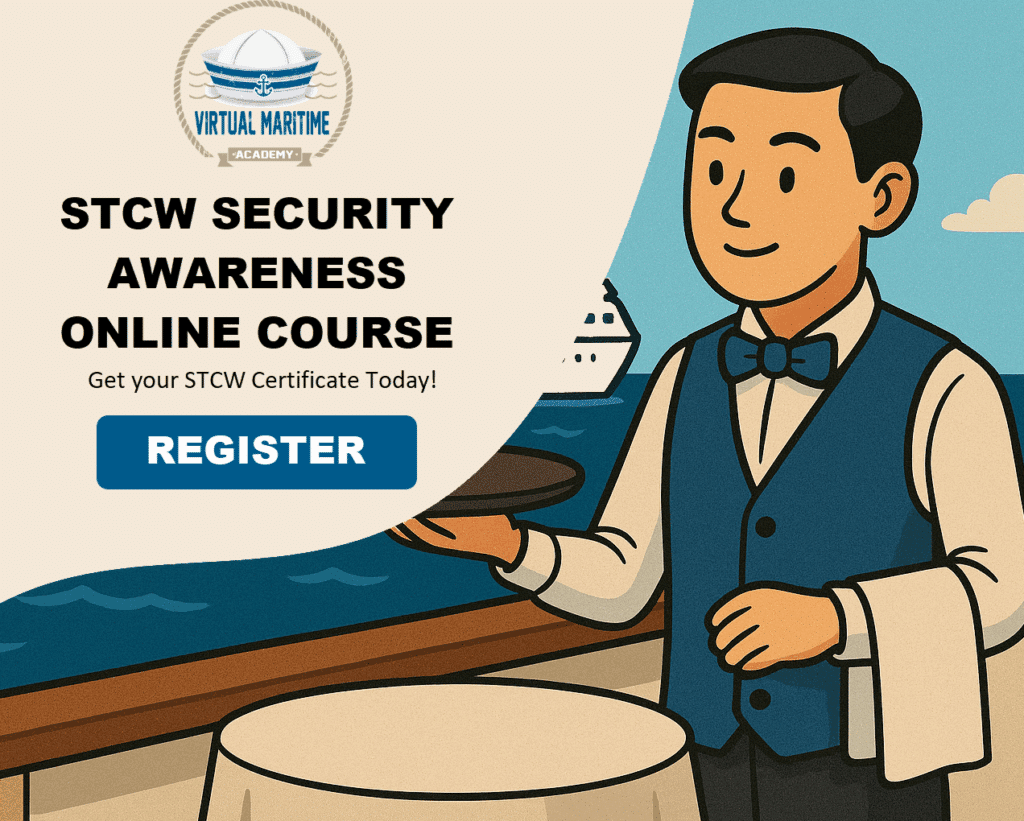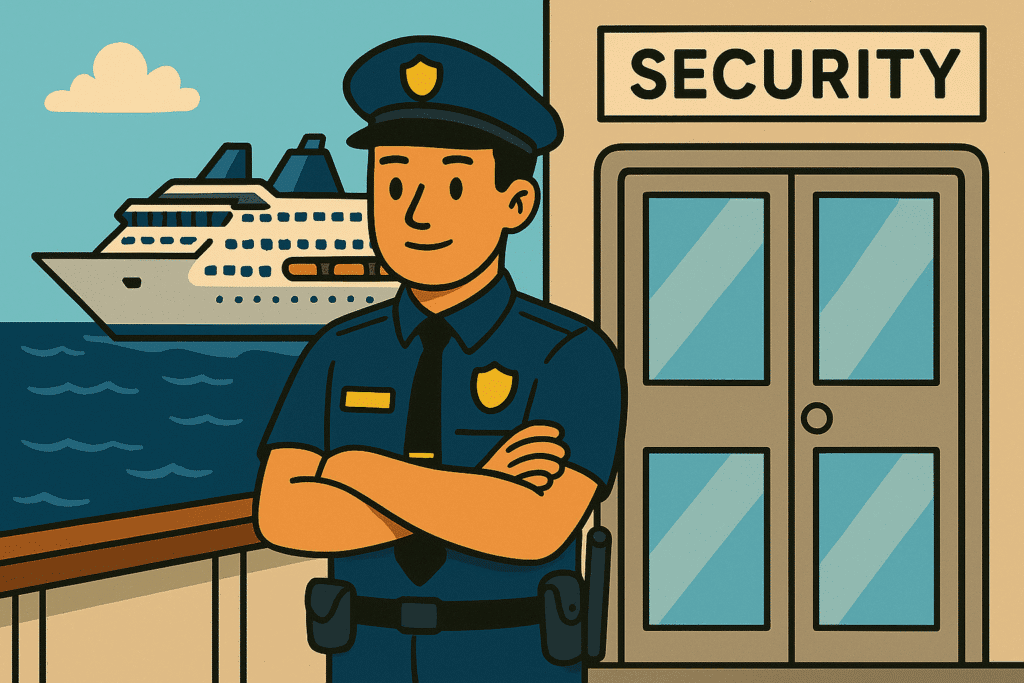A Shift in Maritime Education
The maritime industry has been a cornerstone of global trade for centuries, providing essential transportation across the world’s oceans. Traditionally, maritime training has relied heavily on classroom-based instruction and hands-on, practical experience aboard ships. However, as technology evolves and the digital world becomes increasingly integrated into our lives, there is a clear shift in how maritime education is delivered. Online learning is rapidly emerging as a viable and effective alternative. This article explores the future of maritime training and the online learning trends shaping it.
Advantages of Online Maritime Training
Online maritime training offers several advantages over conventional methods. First, it provides flexibility, allowing students to learn at their own pace and on their own schedule. This flexibility is particularly beneficial for active seafarers who may find it challenging to attend conventional classes due to their irregular work schedules and extended periods at sea.
Second, online training can be more cost-effective. Without the need for physical space and equipment, maritime academies and training centers can reduce overhead costs, often translating to cheaper tuition fees for students. Additionally, students save on travel and accommodation expenses.
Third, online learning platforms can provide a diverse range of resources that might not be available in a traditional classroom. From simulation software to interactive modules, online platforms can offer a more dynamic learning experience.
Key Trends in Online Maritime Training
Simulation-Based Learning
Simulation-based learning is a significant trend in online maritime training. Advanced simulation software allows students to experience realistic scenarios in a virtual environment. These simulations can range from navigating through adverse weather conditions to managing on-board emergencies. The use of simulation not only enhances practical skills but also ensures that students can make critical decisions in real-time, which is invaluable for their future careers at sea.
Interactive Courses and Multimedia Content
Gone are the days of monotonous, text-heavy online courses. The latest trend in online maritime training is the use of interactive courses and multimedia content. Videos, quizzes, infographics, and 3D models help in making the learning process more engaging and easier to understand. Interactive content also allows for immediate feedback, which can be crucial for mastering complex topics.
Microlearning
Microlearning is another trend gaining popularity in online maritime education. This approach involves breaking down information into smaller, bite-sized chunks that are easier to digest. Microlearning modules can be particularly useful for maritime professionals who need to brush up on specific skills or knowledge areas without committing to a full-length course.
Artificial Intelligence and Personalized Learning
Artificial Intelligence (AI) is becoming an integral part of online maritime training. AI-powered platforms can analyze a student’s performance and learning style to offer personalized recommendations and customized learning paths. This individual approach ensures that each student can focus on areas where they need the most improvement, thus enhancing overall learning efficiency.
Blended Learning Models
While online training offers many benefits, the importance of hands-on experience cannot be overlooked. This has led to the rise of blended learning models that combine online coursework with traditional in-person training elements. For example, a student might complete theoretical modules online but participate in practical exercises and assessments at a training center.
Global Accessibility and Collaboration
The digital nature of online learning platforms allows for global accessibility, enabling students from different parts of the world to access top-notch maritime education. This globalization fosters a more diverse learning environment and offers opportunities for collaboration with peers and instructors from different cultural and professional backgrounds.
The Role of Regulatory Bodies
Regulatory bodies in the maritime industry, such as the International Maritime Organization (IMO), are increasingly recognizing the value of online learning. These organizations are working to establish standards and guidelines to ensure that online maritime training is of high quality and meets the industry’s stringent safety and competency requirements. As these standards are established and refined, the credibility and acceptance of online maritime training will continue to grow.
In summary, the future of maritime training is clearly moving towards a more flexible, accessible, and personalized approach thanks to online learning trends. While traditional methods will still play a crucial role, particularly in hands-on training, the integration of digital technologies promises to enhance the effectiveness and reach of maritime education. This blended approach ensures that the industry continues to meet its high standards while adapting to the evolving needs of modern maritime professionals.











